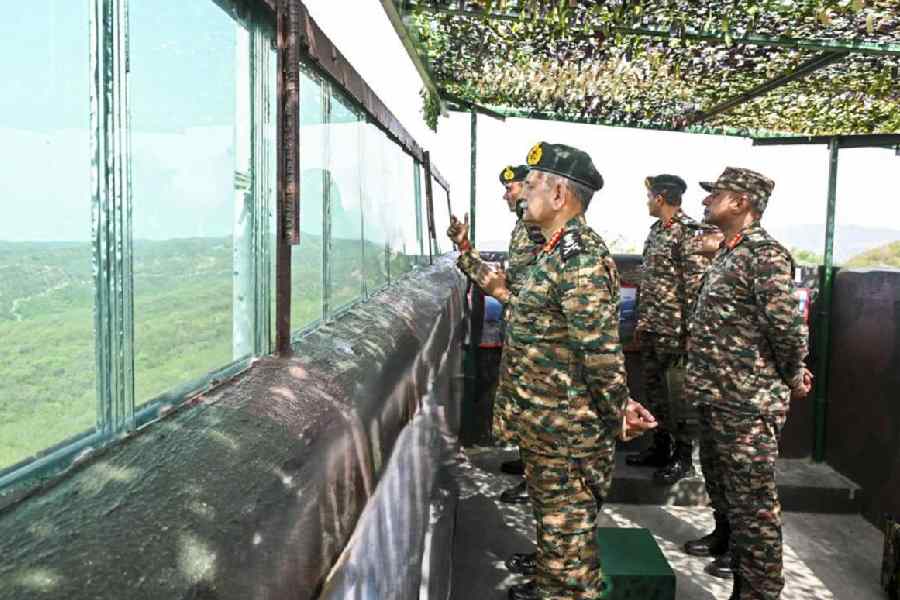Eleven leading doctors from India and Pakistan have urged both countries to step back from hostilities, open pathways to peace and focus on the challenges they share in healthcare, climate and other developmental issues.
The appeal, which comes in the wake of the four-day conflict between the two countries earlier this month, has flagged concerns that entrenched views continue to shadow suggestions of peace and confidence-building weeks after the May 10 halt to hostilities.
“Some brave first steps are needed to break the ice,” five child health specialists from Pakistan and six doctors from India — two paediatricians, two surgeons, a neurologist and a public health specialist — wrote in the British Medical Journal this week.
The doctors’ appeal seeks to highlight the dangers of prolonged conflict and how they hinder efforts to improve the daily lives of people, citing public health, social factors influencing health, climate change, air pollution and dwindling water security among the challenges faced by both countries.
“Despite this harsh reality, both countries, irrespective of the relative size of their economies, spend a disproportionate amount on their military and nuclear arsenals,” they wrote.
“Notwithstanding human costs of the conflict, the costs of the missiles and drones lobbed at each other and the damage in five days… easily ran into billions of dollars. We wonder what could have been achieved had this money been used for public health in either country.”
The idea for the joint appeal emerged from informal conversations among Indian and Pakistani doctors who had attended an international child health conference in Mexico earlier this month, coinciding with the conflict.
“Our note seeks to reflect the collective voices of healthcare professionals from both sides of the border,” surgeon Sanjay Nagral, one of the doctors, told The Telegraph on Friday.
“We’re hoping that our appeal conveys our concerns to both policymakers and citizens in both countries.Both countries have a lot to do in catching up on human developmental measures and in improving the health status of our people,” Nagral said. “Neither country can afford the disruption from a prolonged conflict or a major war.”
The other co-authors are child health specialists Zulfiqar Bhutta, Tayyaba Butt, Iqbal Memon, Huma Cheema and Jamal Raza from Pakistan, and public health expert K. Srinath Reddy, gastrointestinal surgeon Samiran Nundy, paediatricians Neelam Mohan and Rajeev Seth and neurologist Monica Thomas from India.
The doctors have acknowledged that the Pahalgam terror attack triggered the latest conflict, asserting that such “despicable acts of terrorism against innocent civilians” need to be “condemned in the strongest terms”.
“Although we recognise that the process of reconciliation is primarily political, alternative narratives can promote intergovernmental dialogue and confidence-building measures,” they wrote. “The benefits of peace… are huge and there is no alternative to a political resolution of bilateral problems.”
The doctors have also cautioned that “the risk of a cataclysmic nuclear exchange — by accident or design — is real and threatens the world”.
They have called for the activation of formal and facilitatory platforms for scientific and cultural exchanges and a focus on common, tangible solutions related to climate, environment, water security and child rights.
“Persistent tensions and insecurity only worsen the intergenerational cycle of poverty, illiteracy, poor living conditions, and human development,” they wrote.










